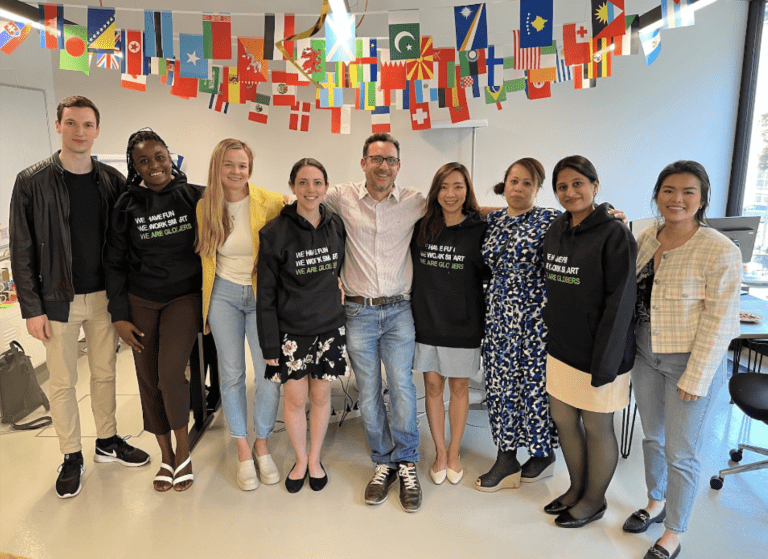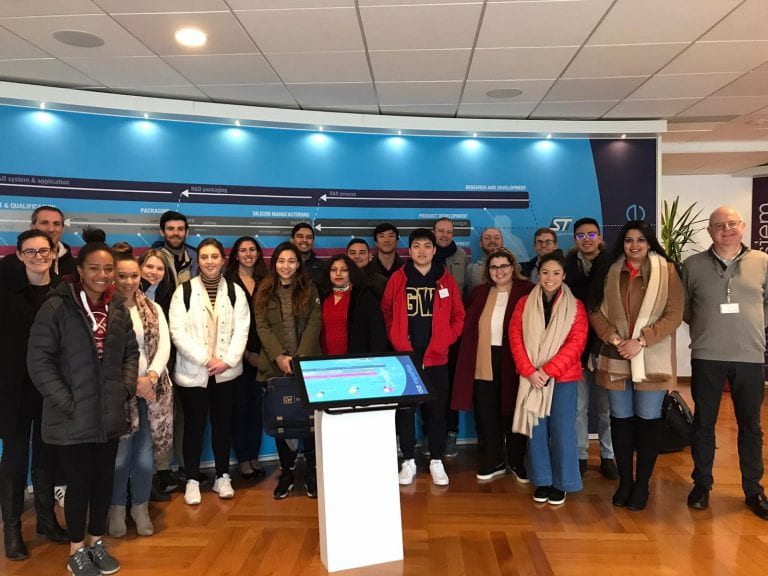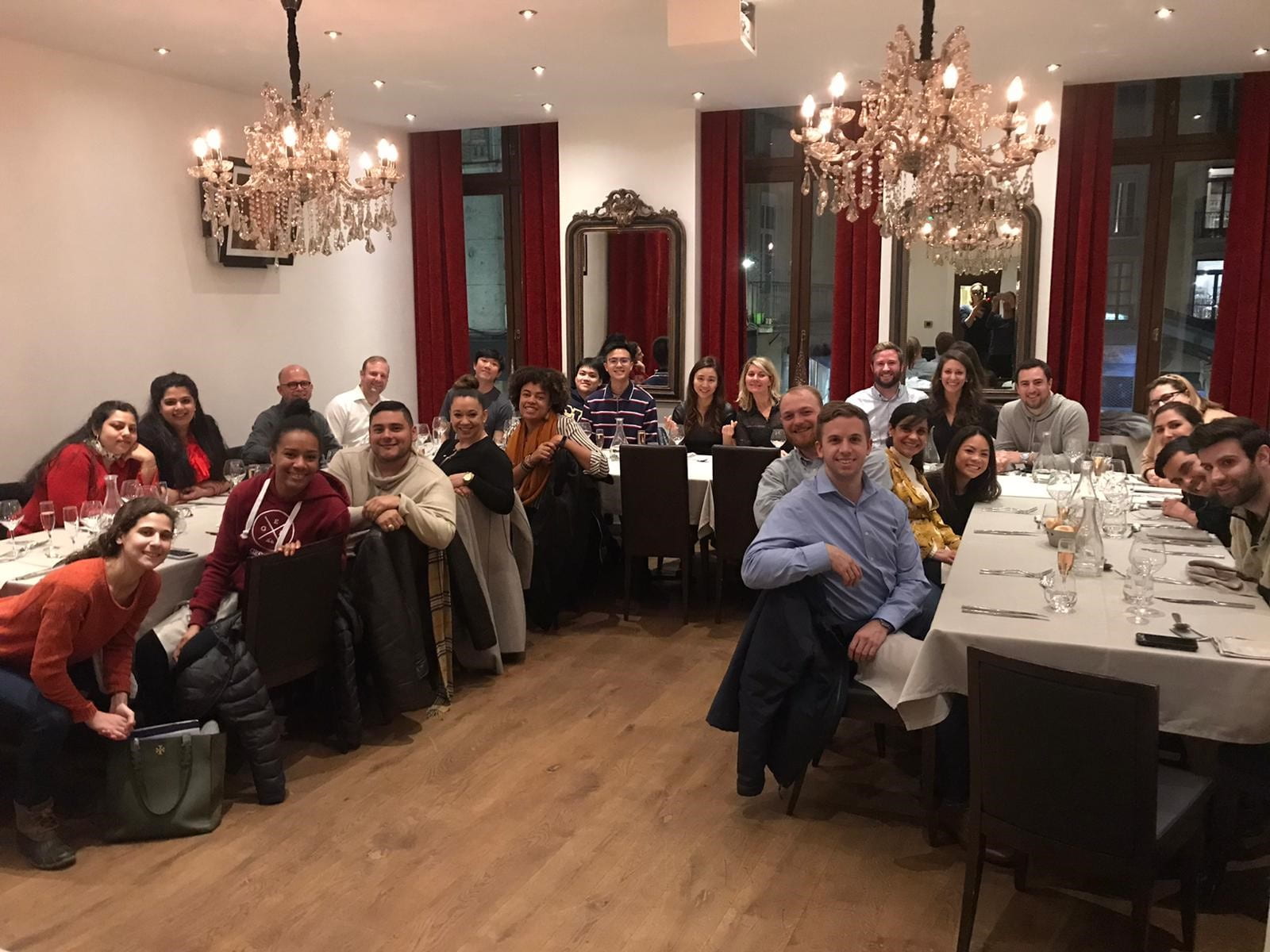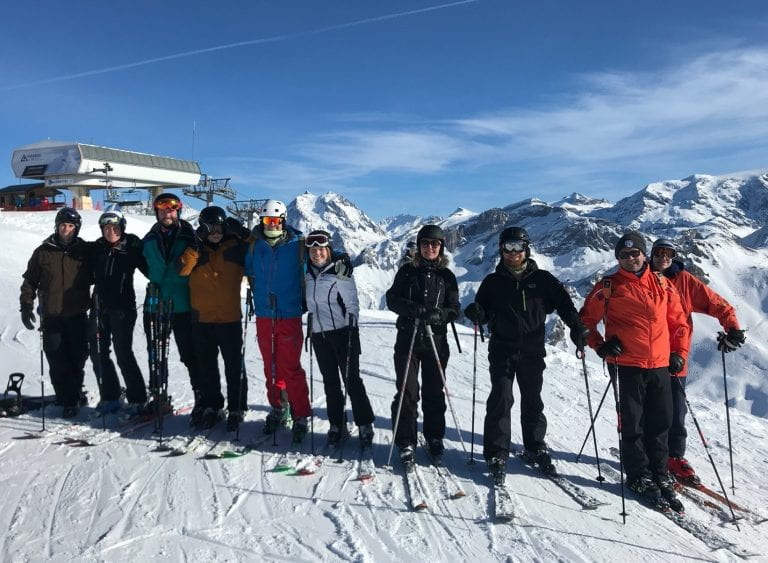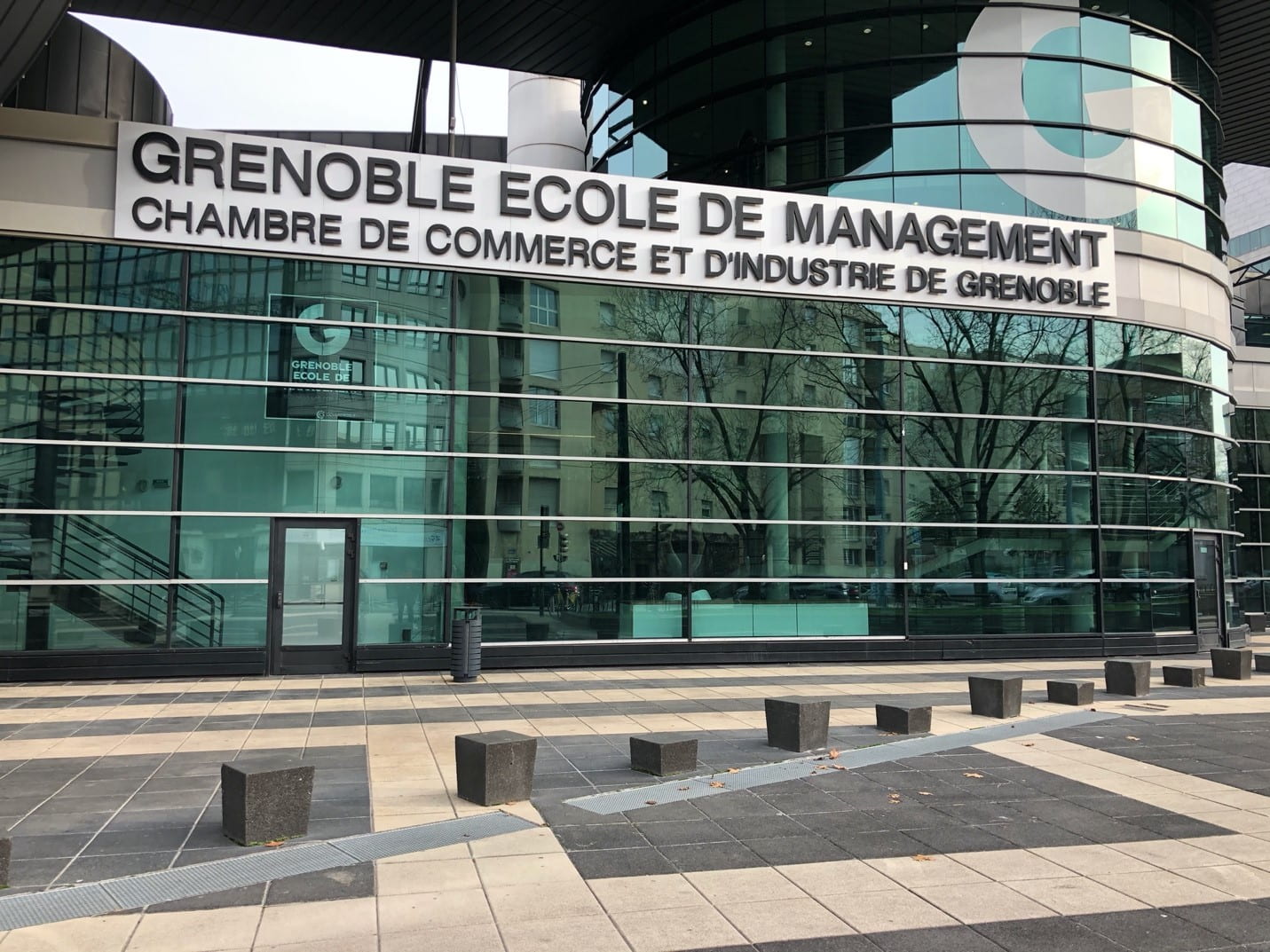By: Sophie Titlebaum
May 18, 2023
Upon arrival, we dove right in! This was helpful in order to minimize jetlag as much as possible. We toured parts of the city and had a nice welcome dinner together, all 17 students, Dr. Messerli (our professor), Chelsey (our Graduate Assistant), and Eamon (our Berlin tour guide). Dinner was delicious and then everyone went to sleep. What shocked me the most, upon arrival, was that there were so many vegan options! There were always multiple vegan options, from the hotel buffet to ice cream shops to wurst (sausage) restaurants. This was super cool, and lots of food was very cheap! Some days I could keep it to around 10 Euros per day, on food.

Globant & Their New Office!
Caption: On our second visit with our client, Globant, they showed us their new office which is in its final stages of construction! This was a pleasant experience to meet other “Globers” and spend some time with the team. Globant has been very welcoming to us and we have loved getting to know them. After this, we went to lunch with the Globant team and then we went back to the hotel to continue working on our final presentation!
The local business environment is very interesting! We had the opportunity to visit many types of businesses, from startups (36C) to growing companies (MiCT), to very mature and established companies (PwC). This has given me great insight into all levels of business. One common theme is that German businesses focus on ethical business, putting moral aspects first, above profits. Germany is also highly affected by political aspects, most specifically at the current moment, the Russia-Ukrainian war. Some businesses are impacted in that energy prices are higher and new energy sources are needed to be found, while other businesses are impacted in that they are the ones actually trying to provide assistance to those affected by
the war.
Surprisingly everything was pretty simple in terms of getting around! There is not much of a language barrier, as nearly everyone knows English! Additionally, the metro system is very simple to navigate, and it is very clean!
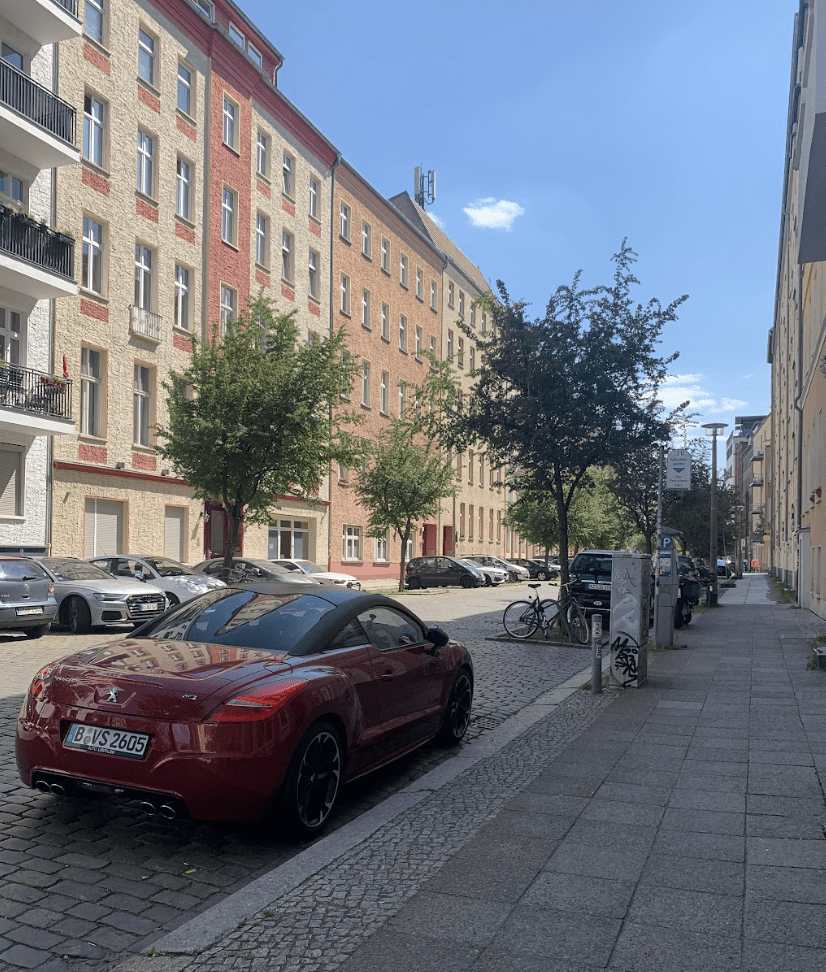
Exploring a New Part of Town!
On our free day, I spent the morning with others and went to the Sachsenhausen concentration camp, about an hour from where we stayed. It was a very moving experience and I was grateful to have the opportunity to do so. On our way back, I took some time to myself. I got off at the Waidmannslust train stop and explored a new town! It was an excellent time to reflect on my own and see how Germany has changed.
An impactful class trip experience was when we went to visit Bayer, the pharmaceutical company. They had a museum within the site, and actually explained a lot of Bayer’s history. What stood out to me the most was the fact that they acknowledged some of its dark past with respect to the Holocaust and the former company’s connection to some unethical testing on Jewish women in concentration camps. Germany is very aware of its history and remembers it in a way to remind itself to never repeat its past.
This has been a great experience to really understand a culture and situation, without simply reading about it. We really get the opportunity to live in the experiences and understand it all firsthand!
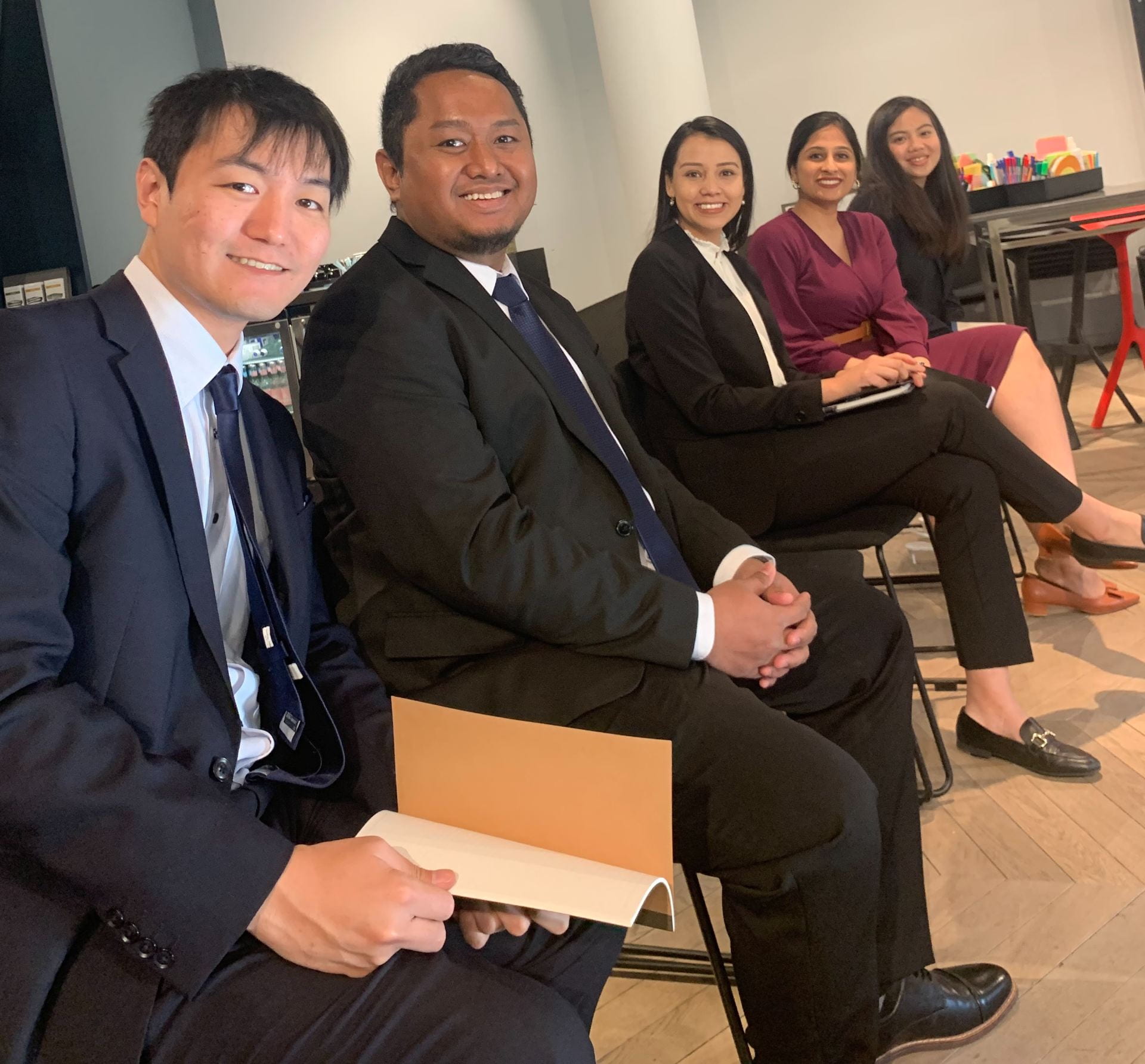
Meeting Our Clients in Person!
On the first full day, we all had the opportunity to meet our clients in person for the first time. This was an excellent opportunity for us to all learn about each other’s clients, and projects, and hear the clients speak. This was held at the SAP Data Space in Berlin.

